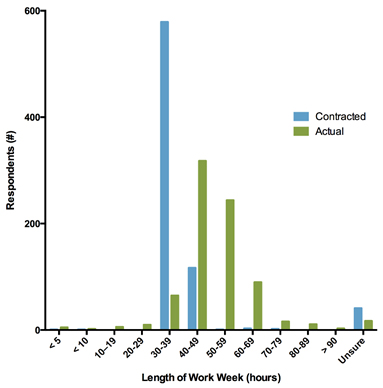Nikola Bowden, University of Newcastle
Rachel Popelka-Filcoff, Flinders University

In March 2013 the forum released Gender equity: current issues, best practice and new ideas. The document put forward a platform of initiatives which have been used in universities, research institutes and laboratories. These initiatives accommodate all choices and styles of work, regardless of gender or circumstance. They are designed to play to the strengths and needs of every individual, are consistent with family needs as well as other carer roles, and work well in a value-based workforce where judgements are based on merit.
Even though there have been changes across the scientific sector, women are still severely underrepresented in top positions (only about 10%), despite near equity on the postgraduate level. The document outlined some strategies, many of which are easy to implement and inexpensive for institutions, but yet effective for promoting diversity, especially in the early-career stage. This stage is crucial for many researchers, as it is both the years of career establishment and raising a family. The document outlines ‘best practice’ for institutions such as funding agencies, universities and industry. The forum also urged the research sector, including the National Health and Medical Research Council (NHMRC) and the Australian Research Council (ARC), to develop effective gender equity programs within three years, based on national benchmarks.
Since the release of the forum’s gender equity document there has been a surge of activity in the sector to address the issue. On 13 June 2014, NHMRC CEO Professor Warwick Anderson and Director of Project Grants Dr Saraid Billiards discussed the NHMRC’s efforts and future actions to improve gender equity in Australian health and medical research. The forum replied to the NHMRC, congratulating it on its initial assessment of gender equity policies and offering to continue working with it on developing national benchmarks. We also encouraged the ARC to follow suit.
The forum recognises that many individual organisations and institutions already implement good or best practices, or have started novel successful approaches that address gender equity. Some include mentoring programs or work adjustments for primary carers.
The forum is eager to hear about gender equity initiatives in your university or institution, especially ones that have demonstrated successful results. If you know of policies or initiatives that address gender imbalance or assist women to remain in science, please email us at emcr@science.org.au
© 2025 Australian Academy of Science